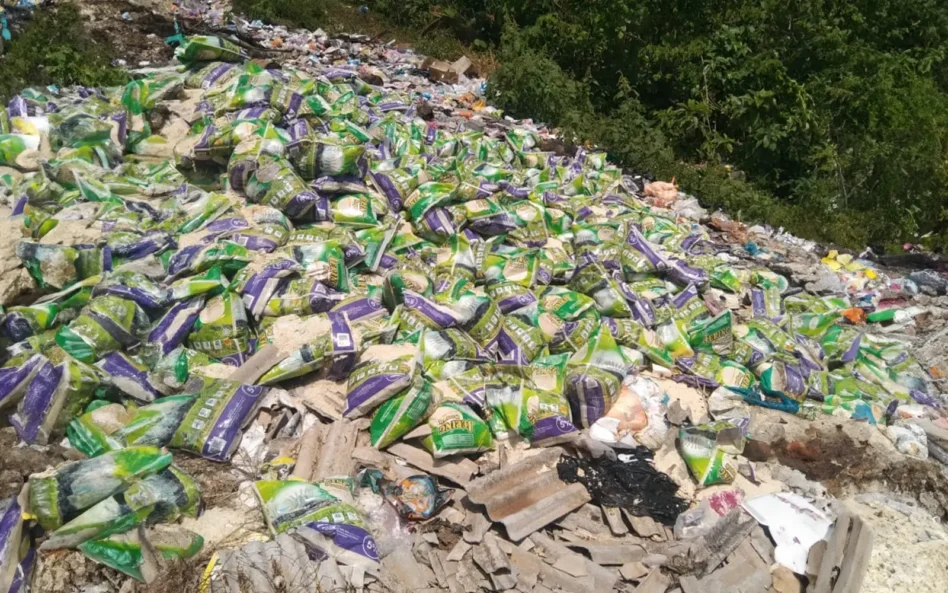OPEC+ output policies and the pandemic’s path will continue to drive global oil prices in 2021.
Although demand remains subdued because of the COVID-19 pandemic, oil prices have increased materially since October 2020 due to OPEC+ production cuts, reduced oil inventories and increased investor optimism, supported by the vaccine roll-out in many countries.
However, oil prices could still come under pressure, particularly in 1H 2021 – and before effective vaccination programmes are fully underway, according to Fitch Ratings.
“Global oil demand (Brent spot price) could decline marginally in 1Q 2021 as many regions, including many European countries, have re-introduced mobility restrictions,” the credit rating agency pointed out in an oil price outlook report.
As a result, the International Energy Agency (IEA) expects demand to average 94.1 million barrels per day (mmb/d) in 1Q 2021 or 0.4 mmb/d lower than 4Q 2020.
However, this is still significantly higher than the 83.1 mmb/d in 2Q 2020 – the lowest level of demand in the past year – as current restrictions are generally less stringent and more localised than in April and May 2020.
China’s quick economic recovery also supports oil demand.
“The positive effects of vaccination programmes on the oil demand recovery may not be visible for several months until a critical mass of population is inoculated,” projected Fitch Ratings.
“Mass vaccination is likely to lead to a sustainable improvement in oil demand although there is some uncertainty about vaccines’ effectiveness against the most recent virus mutations.”
Also noteworthy is that OPEC+ output policies have been the main driving force behind oil price recovery in 2020-2021.
Saudi Arabia has recently taken a unilateral decision to cut production by one mmb/d in February and March, in addition to the cuts agreed by OPEC+ in December which should reduce risks of oversupply notwithstanding the new lockdowns.
“OPEC countries effectively made a concession to Russia and Kazakhstan which can now slowly increase production in February and March while others keep their production flat,” noted the credit rating agency.
“This decision highlights the difficulty of reaching a consensus at the January meeting and the risks of further disagreements, potentially making the alliance less efficient in managing production levels.” – Jan 22, 2021










